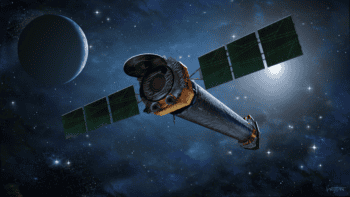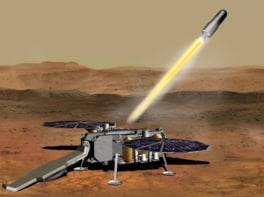The UK’s 2002 spending review has turned out to be good news for physicists. In July the government announced that the UK’s science budget will rise by 10% per year in real terms over the next three years from 2003/4 to 2005/6. The government has now divided up this extra money and increased the budget of all seven research councils. Particle physicists and astronomers receive an extra £25m in unallocated funding, as well as new money for accelerator R&D and research on gravitational waves and planetary science. There is also new funding for energy research.
“The government is to be congratulated,” says Ian Halliday, chief executive of the Particle Physics and Astronomy Research Council (PPARC). “This much-needed investment in fundamental physics will enable our physicists and astronomers to build on their high international standing, and engage in new collaborative international programmes.”
PPARC will see its overall budget rise from £256m in 2003/4 to £291m in 2005/6. It will get a further £31.6m over this period to continue its e-science programme, and will receive £5.4m for R&D in new accelerators as part of a joint programme with the Council for the Central Laboratory of the Research Councils. In addition, PPARC has been allocated £9m to carry out research relating to gravitational wave detection and planetary exploration.
The Engineering and Physical Sciences Research Council, meanwhile, will see its core budget increase by £26.8m for on-going expenditure and by £17.4m for capital expenditure. It will also get extra money for a number of programmes involving collaboration with other research councils, including £8m for research on renewable energy and £7m for a new energy research centre, as well as £60m to continue the basic technology programme, £18m for e-science and £15.6m for post-genomics and proteomics.
As announced in July, the research councils will also get an extra £100m from 2005/6 to increase the pay of post-doctoral researchers and PhD students, and an extra £120m a year from 2005/6 to fund some of the “indirect” costs of university research. The spending review also allocates £500m a year by 2004/5 for university infrastructure costs, provides a doubling of funding for large facilities to £205m by 2005/6 and includes £114m for the commercialization of scientific research by 2005/6.



